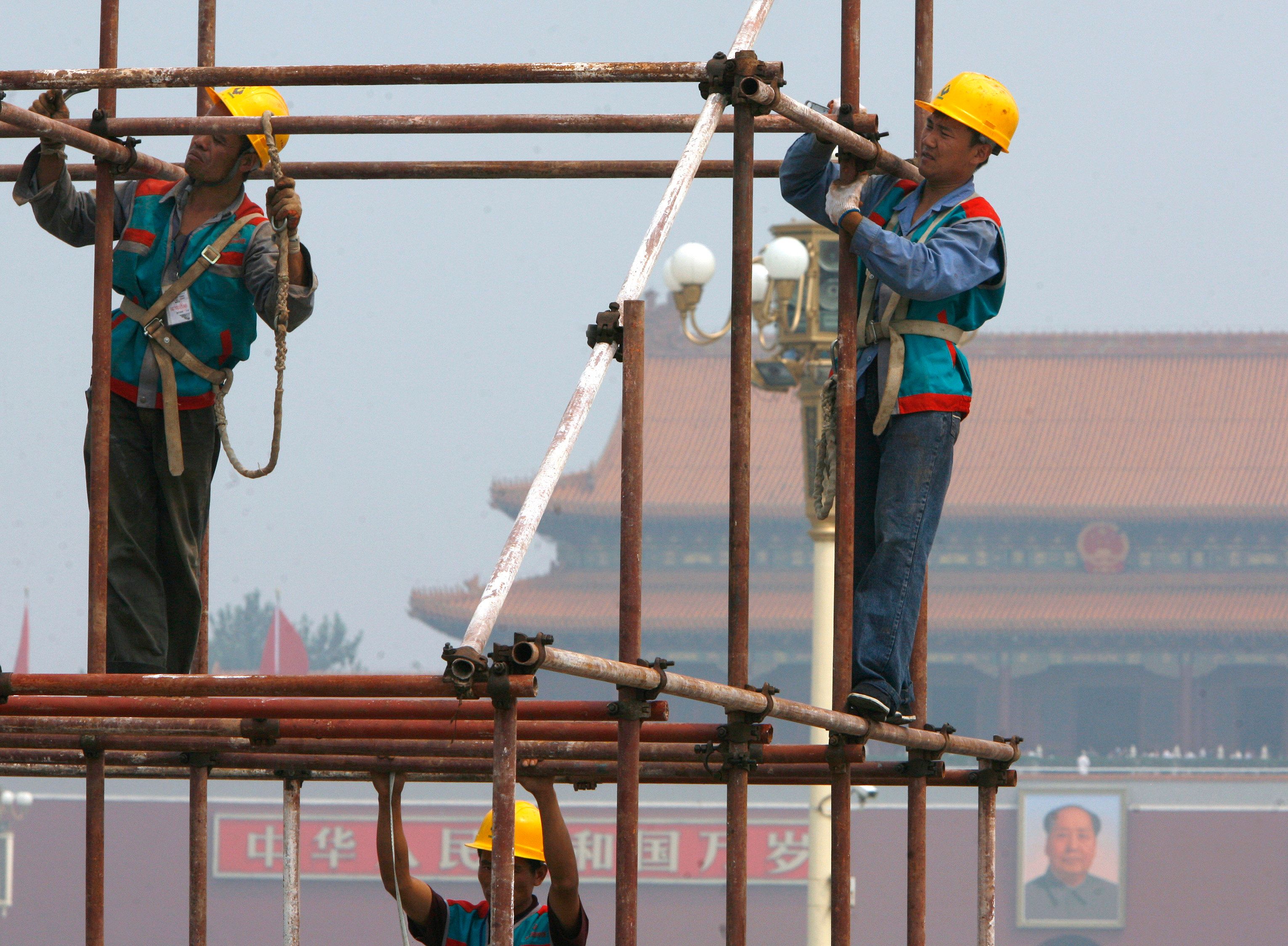News
July 16, 2020
3.2: China's economy grew 3.2 percent year-on-year in the second quarter of 2020, the only major economy to expand since the COVID-19 pandemic. The rebound was better than expected, but investors are concerned that it was mainly a result of heavy public spending on infrastructure.
8: The number of inmates in US federal and state prisons declined by more than 100,000 between March and June, an 8 percent drop. Many of these prisoners are low-level offenders and inmates with compromised health systems who were released to prevent the spread of the coronavirus in US penitentiaries.
15 million: Elyes Fakhfakh, the prime minister of Tunisia, stepped down on Wednesday after an independent lawmaker revealed that Fakhfakh owned shares in companies that had won state contracts worth about $15 million. His resignation has sparked uncertainty over the future of the coalition government led by the moderate Islamists of the Ennahda (Renaissance) Party.
500: Indian-administered Kashmir will allow Hindus to visit a Himalayan cave shrine, despite health concerns over COVID-19. Hundreds of thousands of people from across India normally take part in the annual Amarnath Yatra pilgrimage, but this year the trek will be limited to only 500 per day.
More For You
Most Popular
Think you know what's going on around the world? Here's your chance to prove it.
© 2025 GZERO Media. All Rights Reserved | A Eurasia Group media company.
